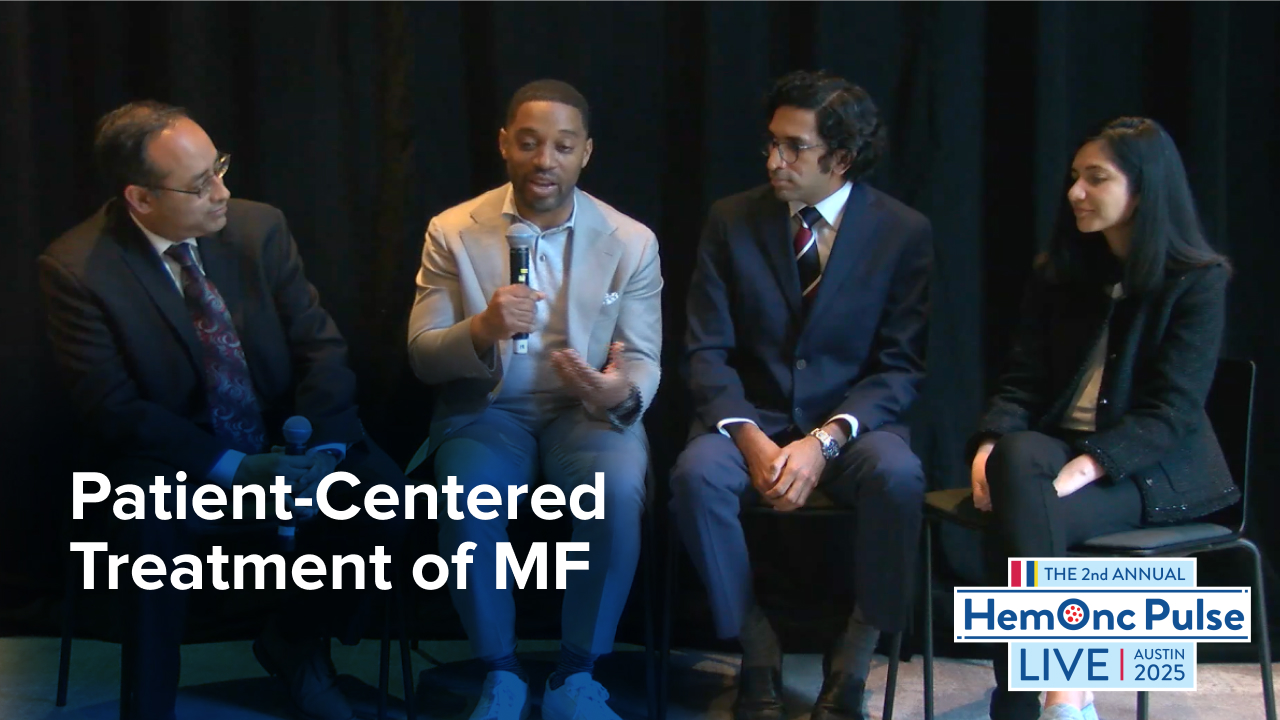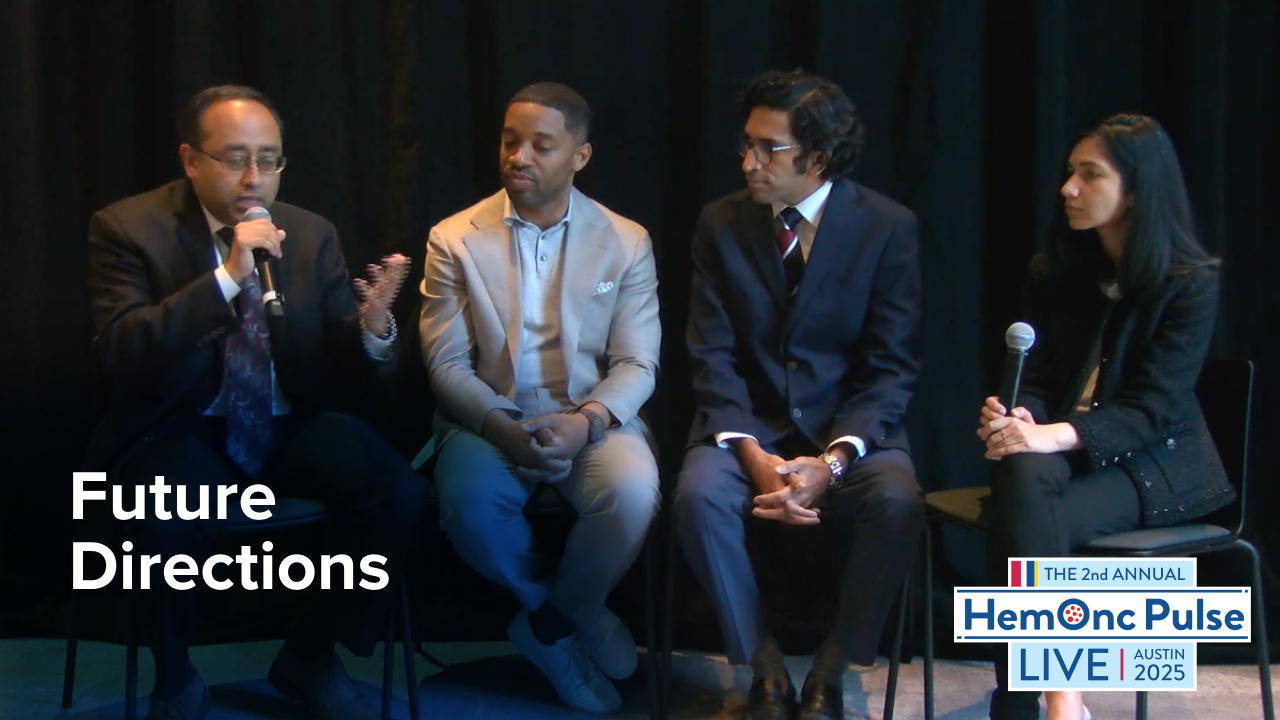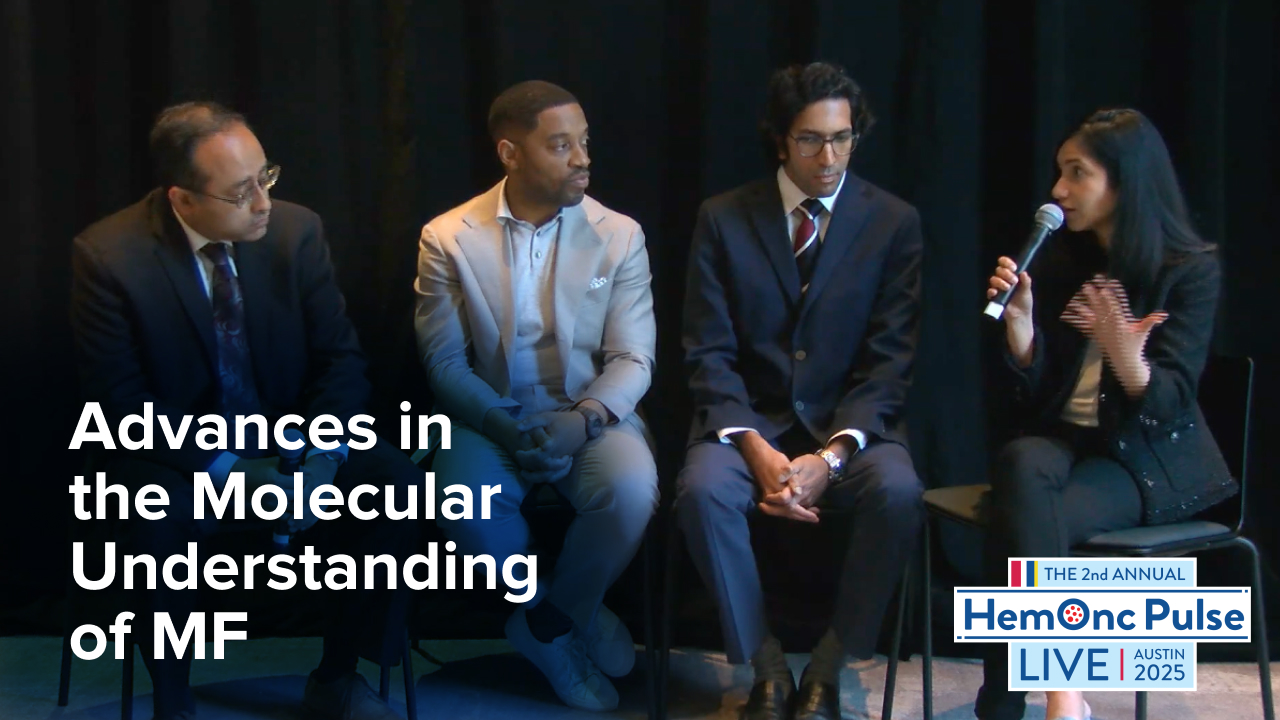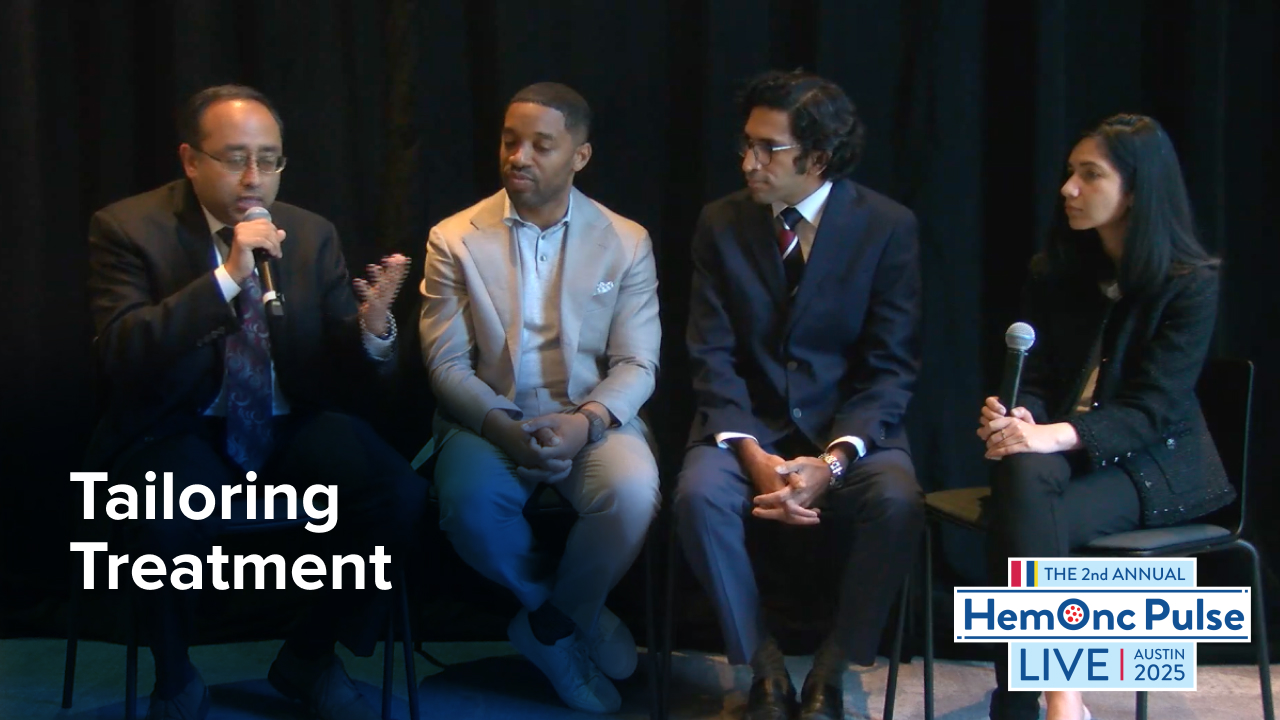
Researchers recently performed an evaluation of the Myelofibrosis Symptom Assessment Form version 4.0 (MFSAF v4.0) patient-reported outcomes instrument in myelofibrosis (MF). They evaluated this instrument specifically within the context of the MOMENTUM phase 3 study and found it to be an effective tool to assess MF symptoms in that study’s particular population. The researchers presented their findings in an article published in Quality of Life Research.
“In this manuscript we report detailed properties of the patient reported outcome tool utilized (the MF symptom assessment form) with key takeaways that the instrument was reliable on re-testing, the items could be looked at individually or in an aggregate way, and that the MFSAF was sensitive to measuring change over time for patients,” stated article coauthor Ruben Mesa, MD, FACP, of Atrium Health Wake Forest Baptist Comprehensive Cancer Center, Winston-Salem, North Carolina, in remarks forwarded to Blood Cancers Today.
The MFSAF is currently the only measurement tool available to evaluate symptoms in patients with MF, and the research team performed a statistical analysis of the MFSAF’s relevance using data from the MOMENTUM study. This 195-patient study was itself significant as the first clinical trial to evaluate momelotinib treatment in symptomatic, Janus kinase inhibitor–exposed patients with MF and anemia.
“MOMENTUM was a pivotal randomized phase 3 study of the use of momelotinib for patients with myelofibrosis, where improvement in MF associated symptoms was the primary endpoint with secondary endpoints showing other evidence of clinical benefit,” Dr. Mesa noted.
The researchers found that the MFSAF v4.0, overall, demonstrated favorable measurement properties to evaluate MF symptoms in the MOMENTUM patient population. In the data analysis, the instrument showed structural validity, construct validity, internal consistency, and sensitivity to change.
Although further investigation is needed, the researchers assert that their analysis is preliminary evidence that supports use of the MFSAF v4.0 for establishing the end points in clinical trials that have patient populations similar to the population in the MOMENTUM study.
“These results continue to build on the evidence and literature validating quantifying the impact of improving MF associated symptoms as partial evidence of clinical benefit for MF patients on medical therapy,” Dr. Mesa concluded.
Reference
Daskalopoulou C, Gorsh B, Dumi G, et al. Myelofibrosis symptom assessment form total symptom score version 4.0: measurement properties from the MOMENTUM phase 3 study. Qual Life Res. 2025;34(3):739-750. doi:10.1007/s11136-024-03855-1






 © 2025 Mashup Media, LLC, a Formedics Property. All Rights Reserved.
© 2025 Mashup Media, LLC, a Formedics Property. All Rights Reserved.